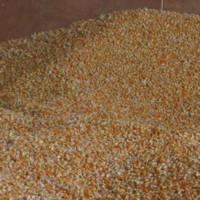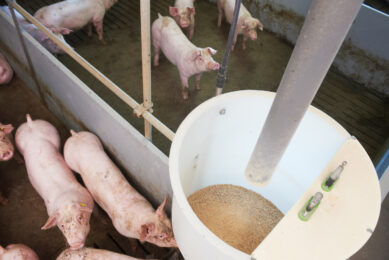EU considers lifting BSE feed ban

Scientists are carrying out tests to determine whether the use of pig and chicken carcasses as fodder could be resumed without posing any human health risks, which should urge the European Commission to end a ban on using animal remains in farm feed.
The ban, brought in across Europe in 2000, followed fears that the practice caused the spread of BSE, or ‘mad cow disease’. However, farmers are not happy with this ban.
Carcasses which would otherwise be used as protein in animal feed must be thrown away, and the extra demand for vegetable protein since the ban has kept feed prices high.
According to the Economic and Social Committee, the use of meat meal from non-ruminants can be used in pig and poultry feed without posing any danger to human health. Although this committee has no legislative power but routinely delivers opinions on proposed EU rules, it is trying to push for an end to the ban.
BSE in Britain
Spokeswoman for the Department for Environment, Food and Rural Affairs (Defra) said: “In the EU’s Roadmap for tackling BSE, published in July 2005, there is a proposal to relax this ban in the future.”
She added: “There are currently no specific EU proposals relating to pig meat or poultry meat on the table.” The annual incidence of BSE in Britain is now regarded as being at an acceptable level.
Famers’ opinion
Beef farmer Charles Haigh, of Tingley, near Leeds commented: “Now that great progress has been made in eliminating BSE and in the ability to process waste materials then I think that animal remains should again be used in farm feeds.
“Recycling waste products would benefit farmers and the economy in general. We are supposed to be living in a green environment.”
Related websites:
• British Department of Environment, Food and Rural Affairs (Defra)
• European Commission
• Economic and Social Committee
For the latest pig news, subscribe here











